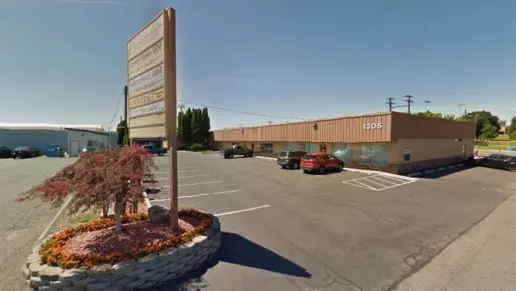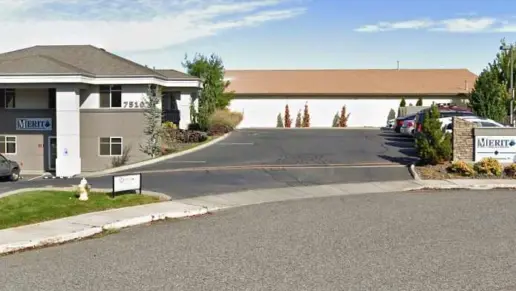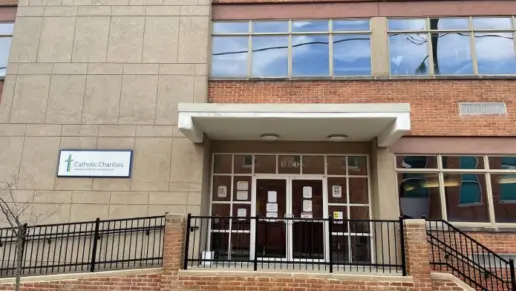If someone wants to come to this place for sure it is crazy, the staff is very rude with the patients. Being in this place was like living a horrible nightmare, I wouldn't wish anyone to come to this place, I feel disappointed, this place is a great joke.
About HarborCrest Behavioral Health
HarborCrest Behavioral Health is a substance abuse disorder unit belonging to the Harbor Regional Health Community Hospital. Since 1983 this drug and alcohol addiction treatment unit provides willing individuals with hospital based detoxification. This addiction treatment center is located in western Washington in Aberdeen.
The skilled physicians at HarborCrest Behavioral Health are specially trained to help individuals struggling with addiction. To learn more about the substance recovery and drug rehab programs offered at this hospital, have a look below:
The inpatient substance abuse detoxification program at HarborCrest Behavioral Health is led by registered nurses that specialize in substance abuse disorder treatment. During the course of detoxification, individuals will complete full evaluations to help determine the level of care needed after detoxing.
In addition, during detoxification, patients are monitored 24/7 with fall prevention beds and are not allowed to leave until medically cleared. After medical clearance, stabilization occurs, and patients receive intensive addiction recovery treatment. Evidence based approaches are used, and relapse prevention is taught.
At harborCrest Behavioral Health, the physicians are federally waived to offer Subutex and Suboxone as a detox protocol as part of this rehab center’s medication assisted treatment (MAT).
This program has shown promising long-term recovery and is a modality best suited to those addicted to opioids. Another similar program is CUPS which offers medication assisted treatment to pregnant women using drugs who want to recover.
CUPSS consists of a 26 day residential program at the hospital and helps expecting mothers find sobriety while helping affected babies. CUPS is also a free service in the state of Washington at this facility.
Facility Overview
Latest Reviews
Rehab Score
Gallery
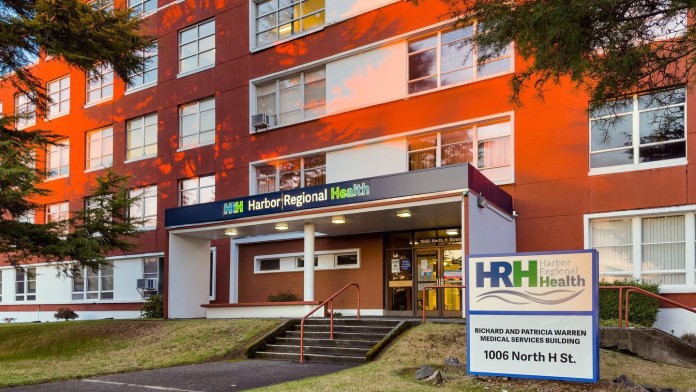
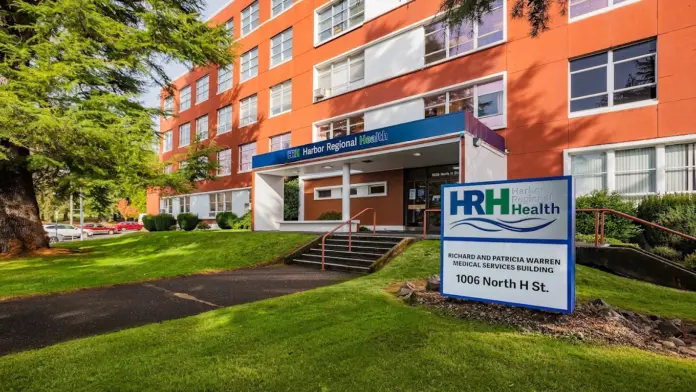
Location
Accepted Insurance
Other Forms of Payment
Private insurance refers to any kind of healthcare coverage that isn't from the state or federal government. This includes individual and family plans offered by an employer or purchased from the Insurance Marketplace. Every plan will have different requirements and out of pocket costs so be sure to get the full details before you start treatment.
Self-pay involves paying for treatment out of your own pocket. You can use savings or credit, get a personal loan, or receive help from family and friends to fund your treatment. If you don't have insurance or your insurance plan doesn't cover a specific program, self-pay can help ensure you still get the care you need.
Financial aid can take many forms. Centers may have grants or scholarships available to clients who meet eligibility requirements. Programs that receive SAMHSA grants may have financial aid available for those who need treatment as well. Grants and scholarships can help you pai for treatment without having to repay.
Medicare is a federal program that provides health insurance for those 65 and older. It also serves people under 65 with chronic and disabling health challenges. To use Medicare for addiction treatment you need to find a program that accepts Medicare and is in network with your plan. Out of pocket costs and preauthorization requirements vary, so always check with your provider.
Medicaid is a state based program that helps lower-income individuals and families pay for healthcare. Medicaid covers addiction treatment so those enrolled can use their coverage to pay for rehab. When a program accepts Medicaid the client often pays very little or nothing out of their own pocket.
Addiction Treatments
Levels of Care
Treatments
The goal of treatment for alcoholism is abstinence. Those with poor social support, poor motivation, or psychiatric disorders tend to relapse within a few years of treatment. For these people, success is measured by longer periods of abstinence, reduced use of alcohol, better health, and improved social functioning. Recovery and Maintenance are usually based on 12 step programs and AA meetings.
Effective drug rehab in Washington integrates care for the whole person, offering comprehensive solutions to addiction. Treatment methods address mental, physical, and relational aspects of substance abuse.
Many of those suffering from addiction also suffer from mental or emotional illnesses like schizophrenia, bipolar disorder, depression, or anxiety disorders. Rehab and other substance abuse facilities treating those with a dual diagnosis or co-occurring disorder administer psychiatric treatment to address the person's mental health issue in addition to drug and alcohol rehabilitation.
Opioid rehabs specialize in supporting those recovering from opioid addiction. They treat those suffering from addiction to illegal opioids like heroin, as well as prescription drugs like oxycodone. These centers typically combine both physical as well as mental and emotional support to help stop addiction. Physical support often includes medical detox and subsequent medical support (including medication), and mental support includes in-depth therapy to address the underlying causes of addiction.
Substance rehabs focus on helping individuals recover from substance abuse, including alcohol and drug addiction (both illegal and prescription drugs). They often include the opportunity to engage in both individual as well as group therapy.
Programs


Clinical Services
Research clearly demonstrates that recovery is far more successful and sustainable when loved ones like family members participate in rehab and substance abuse treatment. Genetic factors may be at play when it comes to drug and alcohol addiction, as well as mental health issues. Family dynamics often play a critical role in addiction triggers, and if properly educated, family members can be a strong source of support when it comes to rehabilitation.
Group therapy is any therapeutic work that happens in a group (not one-on-one). There are a number of different group therapy modalities, including support groups, experiential therapy, psycho-education, and more. Group therapy involves treatment as well as processing interaction between group members.
In individual therapy, a patient meets one-on-one with a trained psychologist or counselor. Therapy is a pivotal part of effective substance abuse treatment, as it often covers root causes of addiction, including challenges faced by the patient in their social, family, and work/school life.
Amenities
-
Residential Setting
Staff
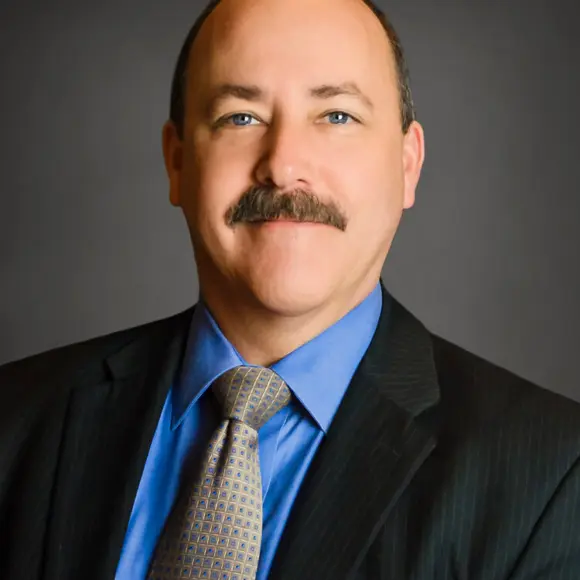
CEO
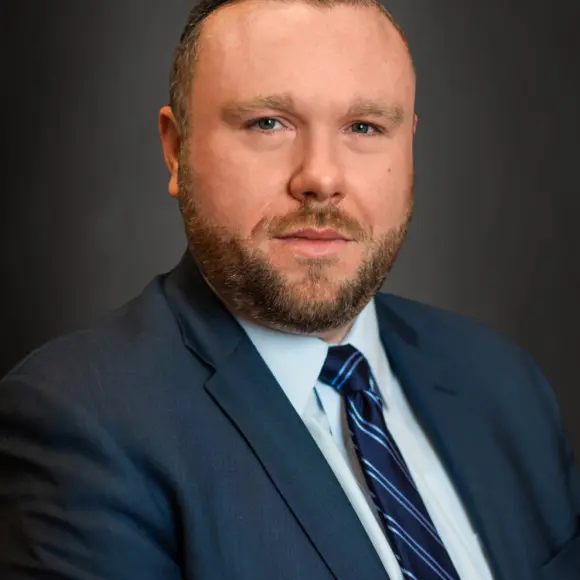
CFO
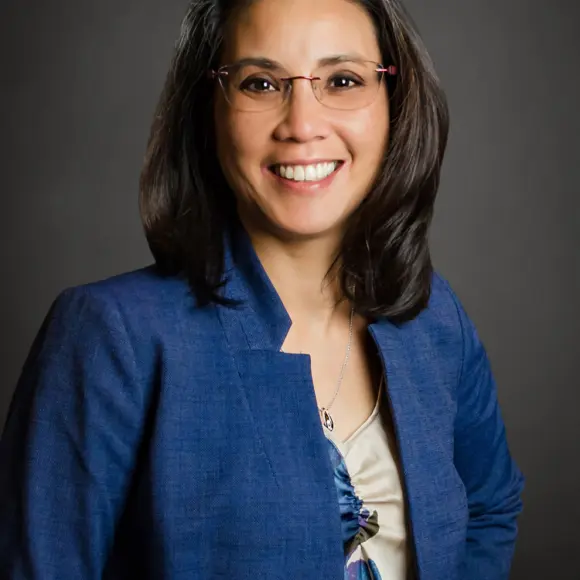
CMO
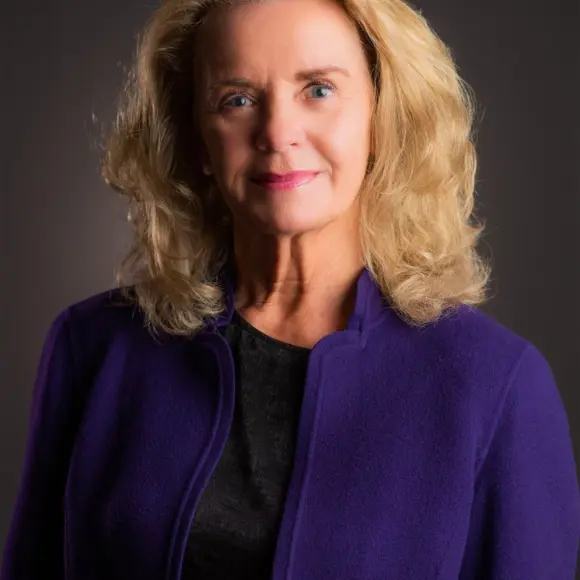
Chief Nursing Officer
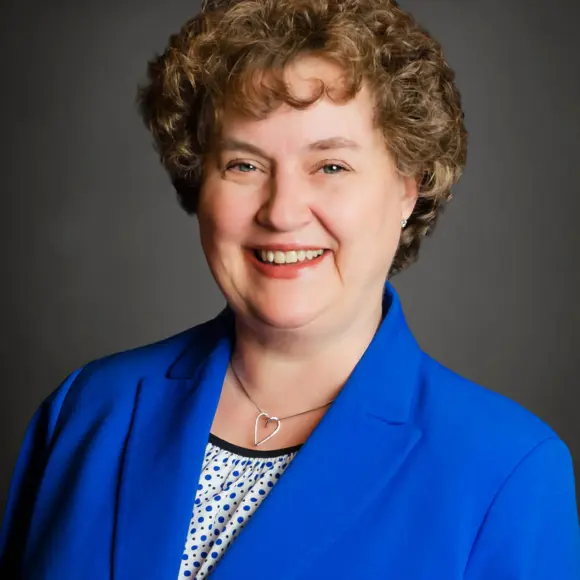
Executive Director of Human Resources
Contact Information
1006 North H Street
Aberdeen, WA 98520





